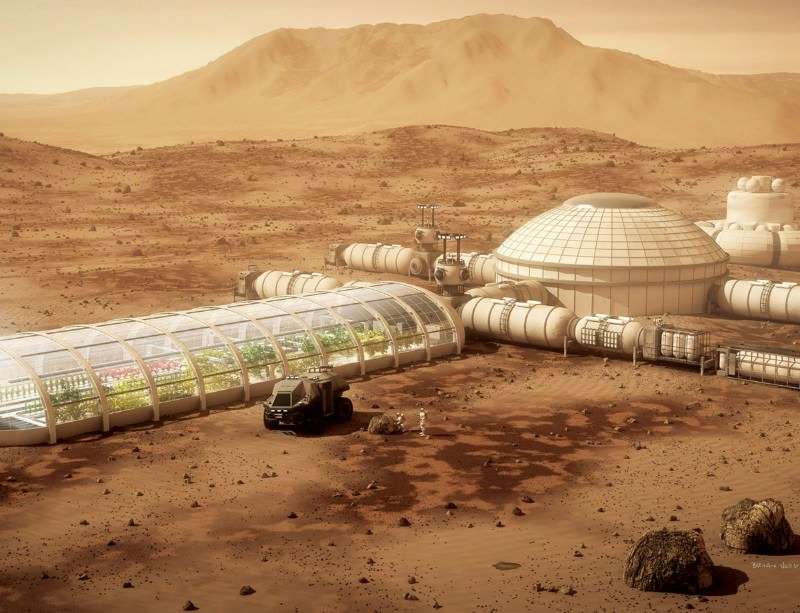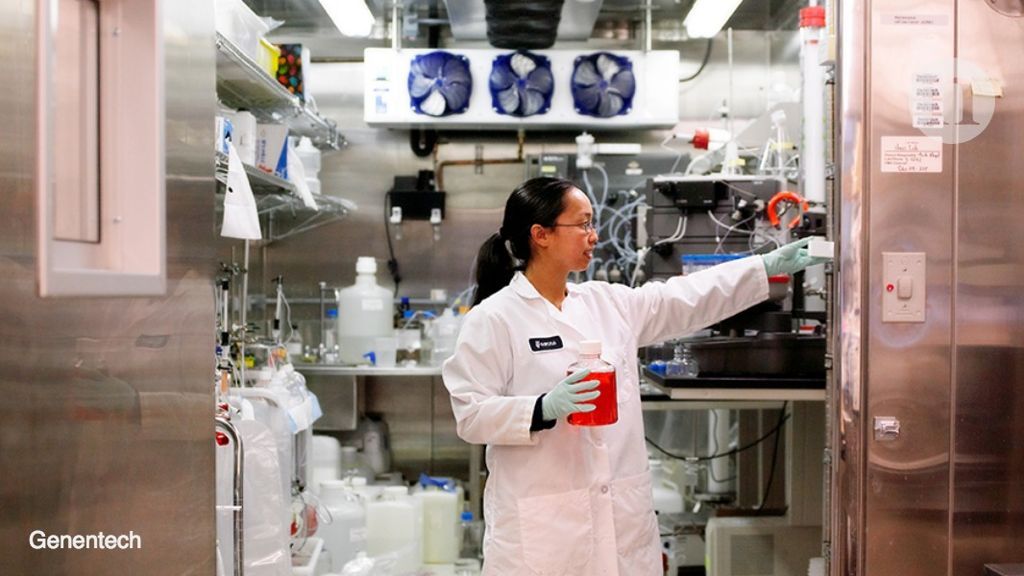
The Mars Society is holding a special contest called The Mars Colony Prize for designing the best plan for a Mars colony of 1000 people. There will be a prize of $10,000 for first place, $5,000 for second and $2500 for third. In addition, the best 20 papers will be published in a book — “Mars Colonies: Plans for Settling the Red Planet.”
The Mars colony should be self-supporting to the maximum extent possible – i.e. relying on a minimum mass of imports from Earth. In  order to make all the things that people need on Earth takes a lot more than 1000 people, so you will need to augment both the amount and diversity of available labor power through the use of robots and artificial intelligence. You will need to be able to both produce essential bulk materials like food, fabrics, steel, glass, and plastics on Mars, and fabricate them into useful structures, so 3D printing and other advanced fabrication technologies will be essential. The goal is to have the colony be able to produce all the food, clothing, shelter, power, common consumer products, vehicles, and machines for 1000 people, with only the minimum number of key components, such as advanced electronics needing to be imported from Earth.
order to make all the things that people need on Earth takes a lot more than 1000 people, so you will need to augment both the amount and diversity of available labor power through the use of robots and artificial intelligence. You will need to be able to both produce essential bulk materials like food, fabrics, steel, glass, and plastics on Mars, and fabricate them into useful structures, so 3D printing and other advanced fabrication technologies will be essential. The goal is to have the colony be able to produce all the food, clothing, shelter, power, common consumer products, vehicles, and machines for 1000 people, with only the minimum number of key components, such as advanced electronics needing to be imported from Earth.
As noted, imports will always be necessary, so you will need to think of useful exports – of either material or intellectual products that the colony could produce and transport or transit back to Earth to pay for them. In the future, it can be expected that the cost of shipping goods from Earth to Mars will be $500/kg and the cost of shipping goods from Mars to Earth will be $200/kg. Under these assumptions, your job is to design an economy, cost it out, and show that after a certain initial investment in time and money, that it can become successful.
Continue reading “Mars Colony Prize — Design the First Human Settlement on Mars” »
















